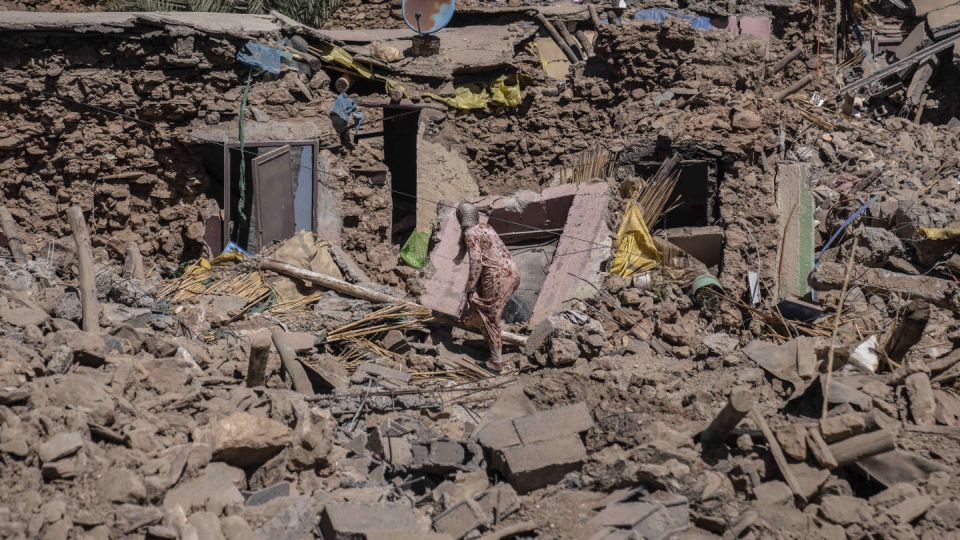from MOHAMED EL KADIRI in Marrakech, Morocco
Morocco Bureau
MARRAKESH, (CAJ News) – WITH rains imminent, a heightened risk of landlised and winter approaching, the situation is to be dire for scores displaced by last week’s devastating earthquake in Morocco.
The North African country is reeling from the 6.8 magnitude quake that left more than 2 900 people dead, over 5 600 injured and 300 000 in total affected.
Those displaced are struggling for shelter.
And with rains looming and fears of landslides real, the urgent need for swift and effective action has never been greater.
“A deteriorating road network, particularly in isolated mountain villages, is making the distribution of essential supplies a race against time,” said Benoit Carpentier, spokesperson of the International Federation of Red Cross and Red Crescent Societies (IFRC).
The organisation is intensifying its relief operations in Morocco.
“We are deeply concerned about the imminent weather conditions,” Carpentier said.
The spokesperson believes the Moroccan Red Crescent’s local knowledge is invaluable and they are a guiding force, ensuring the humanitarian response is as effective as possible.
“We must continue to mobilize support for the weeks and months ahead to ensure that no community, no individual, is left behind,” Carpentier said.
Hundreds of Moroccan Red Crescent volunteers are on the ground. Immediate relief measures include provision of first aid.
“The journey ahead is long, but we will stand by the side of those affected for as long as necessary,” said M’hamed En-Nosse, Director of Operations and Regional Coordinator of Rescue and First Aid for the Moroccan Red Crescent in the Marrakesh-Safi region.
The Red Cross said while immediate needs for food and water have been met due to the strong community solidarity, safe shelter and sanitation remain a significant concern.
Makeshift settlements are still home to thousands of families who require essential items ranging from mattresses and blankets to cooking utensils and hygiene supplies.
Furthermore, the need for solar-powered lighting and safety measures is increasingly apparent, especially in areas where restoring electricity will take weeks.
As colder weather approaches, the likelihood of people cooking indoors and using gas heaters rises, elevating the risk of fires.
Winter starts in November in the Atlas region, the epicentre, and can last until April, with temperatures that can drop below zero degrees Celsius at night and snow a regular occurrence.
Hlima Razkaoui, CARE Morocco National Director, noted the first phase of the emergency focused on saving lives and feeding the survivors, but it is now also imperative to provide them with shelter.
“With rains starting and winter nearing, we simply don’t have the luxury to wait,” Razkaoui said.
– CAJ News

